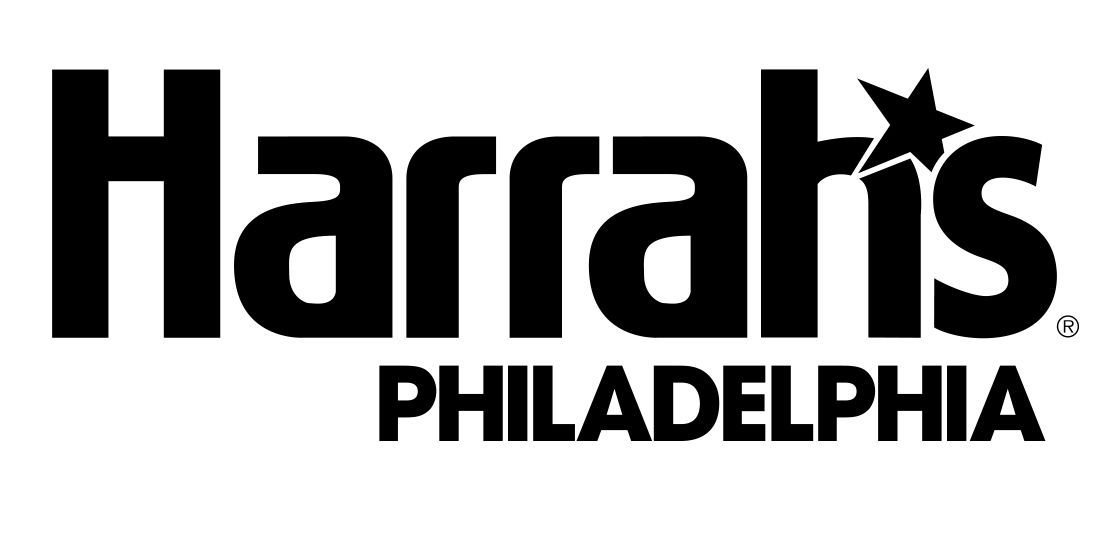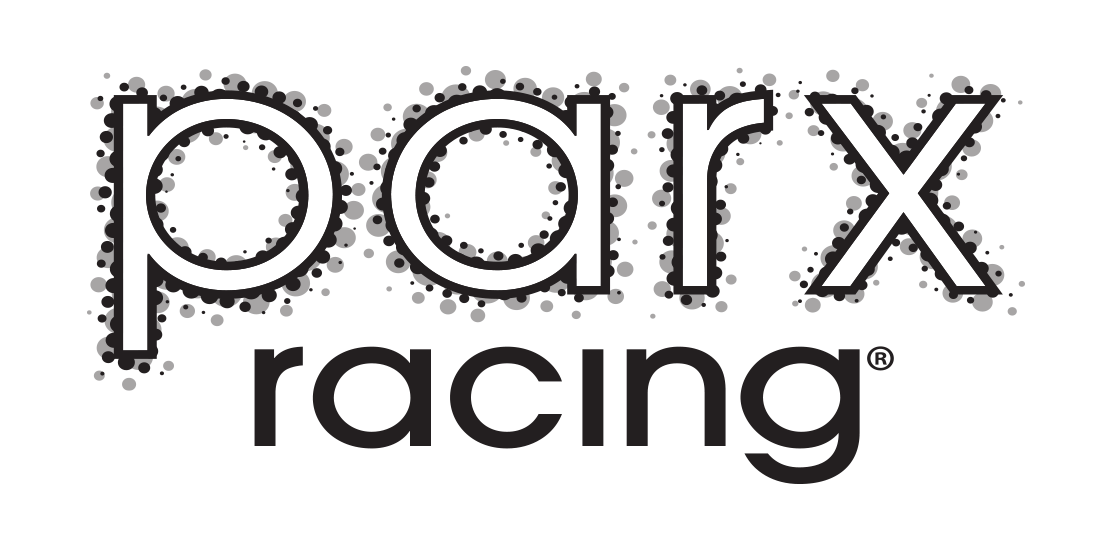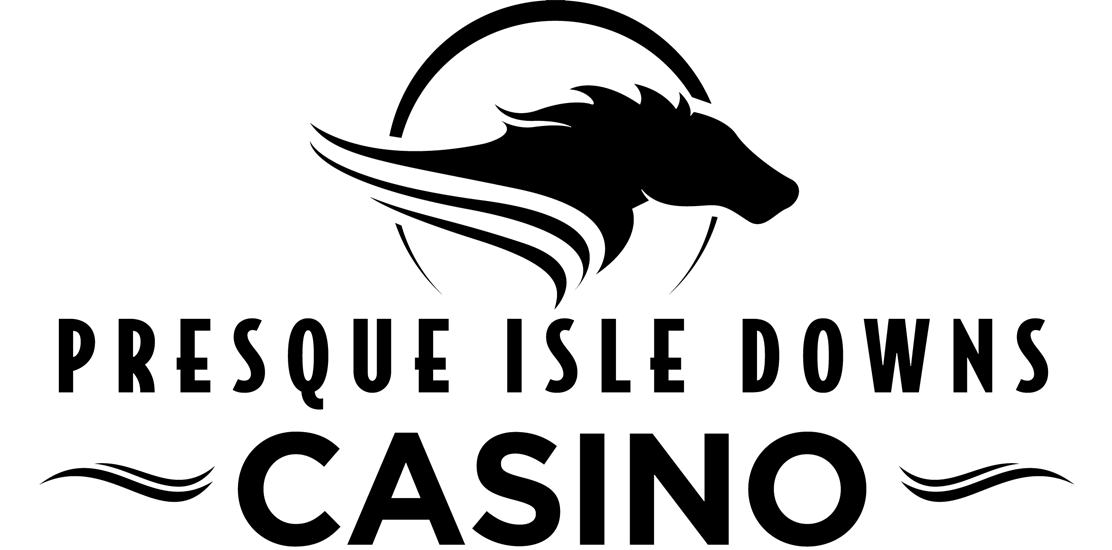Olympic gold medalists, NFL and NBA stars, and equine champions around the world turn to acupuncture for natural pain relief and recovery after competition. Acupuncture is embraced in the athletic world where it is included in training programs for cyclists, gymnasts, swimmers, and even NASCAR drivers. Like all elite athletes, race horses need occasional treatment for muscle aches and pain, and acupuncture provides drug-free pain relief with minimal side-effects.
As one of the world’s oldest systems of medicine, TCM (Traditional Chinese Medicine) and its’ counterpart, TCVM (Traditional Chinese Veterinary Medicine) were used to treat humans and animals in China for over 3,000 years. The four categories of TCVM include acupuncture, herbal medicine, food therapy, and Tui-na which is like a medical massage and manipulation of pressure points to stimulate the qi [chi} or life force.
TCVM and integrative medicine address the whole body of the horse and not just symptoms. Used in conjunction with Western Medicine, acupuncture helps relieve pain, reduce inflammation, and ease muscle tension and anxiety in race horses. Acupuncture is the insertion of fine stainless steel needles into the skin at acupuncture points along the meridians, or energy pathways that run throughout the body, to stimulate the qi (chi). A horse has 173 points, and in Chinese Medicine, it’s believed that disease is an imbalance of energy or the qi, therefore, stimulating the qi helps restore the natural flow of energy to the body. Needles are left in place about twenty minutes, and stimulation of the acupoints releases serotonin and beta endorphins that relieve pain and stimulate the immune system so the body heals itself.
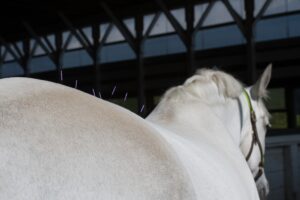 In 1988, the AVMA endorsed acupuncture as a valid treatment for horses, and in Pennsylvania, the treatment can only be performed by a licensed veterinarian certified in acupuncture. There are several modes of stimulation used in acupuncture including dry needling, aquapuncture, electroacupuncture, and moxibustion. Dry needling is the insertion of solid shaft dry and sterile needles into the acupoints. The thin needles measure from .5 to 6 inches in length and are well- tolerated by horses and rarely cause pain. Horses often relax and fall asleep during a session of acupuncture. With aquapuncture, a liquid is injected into the acupoint, usually B12, which continues to stimulate the point after the needle is removed. In electroacupuncture, electrodes are attached to the needles, and they apply a pulsating electrical current to the acupoints. Moxibustion consists of burning an herb, usually mugwort, on or over an acupuncture point which allows the heat to be transferred through the needle to the acupoint. Dry needling and electroacupuncture are the most frequently used methods on race horses.
In 1988, the AVMA endorsed acupuncture as a valid treatment for horses, and in Pennsylvania, the treatment can only be performed by a licensed veterinarian certified in acupuncture. There are several modes of stimulation used in acupuncture including dry needling, aquapuncture, electroacupuncture, and moxibustion. Dry needling is the insertion of solid shaft dry and sterile needles into the acupoints. The thin needles measure from .5 to 6 inches in length and are well- tolerated by horses and rarely cause pain. Horses often relax and fall asleep during a session of acupuncture. With aquapuncture, a liquid is injected into the acupoint, usually B12, which continues to stimulate the point after the needle is removed. In electroacupuncture, electrodes are attached to the needles, and they apply a pulsating electrical current to the acupoints. Moxibustion consists of burning an herb, usually mugwort, on or over an acupuncture point which allows the heat to be transferred through the needle to the acupoint. Dry needling and electroacupuncture are the most frequently used methods on race horses.
“I love acupuncture, and I think it’s a great asset for my horses. I use acupuncturists and chiropractors for my horses. It seems to benefit the horses, and they seem to feel good after a treatment,” said Eddie Coletti, one the top trainers at Parx Racing. “It seems to help stiffness and prevent other issues from starting. I use it after a work or before a race.”
Champion race horses Housebuster, Street Sense, and Nyquist all benefitted from acupuncture treatments. The Eclipse champion of 1990 and 91, Housebuster received an acupuncture treatment before every race, and as part of his routine training regimen, 2007 Kentucky Derby winner Street Sense had acupuncture every 6 weeks. Also, 2016 Kentucky Derby winner Nyquist had regular visits from his acupuncturist, and leading trainer Graham Motion incorporates acupuncture into his horses’ training program. Accepted as a beneficial and complimentary treatment to conventional medicine, acupuncture treatments are available at vet hospitals and clinics throughout Pennsylvania.
A pioneer in the field of equine acupuncture, Chester county veterinarian, Dr. Meredith Snader offered acupuncture treatments in her practice in the 1970’s. By the 1990’s, she was traveling to race tracks and training centers across the Mid-Atlantic area to treat race horses and hunters and jumpers Dr. Snader wrote a book with several other practitioners titled “Heal Your Horse” which is used as a text in many college courses. The book describes and details the benefits of acupuncture and alternative remedies for horses.
Local veterinarians including Dr. Carlos Jimenez of Complete Equine Health Services travel to area race tracks on a regular basis to treat race horses, and Penn Vet’s New Bolton Center offers acupuncture treatments at the hospital and to field service clients.


